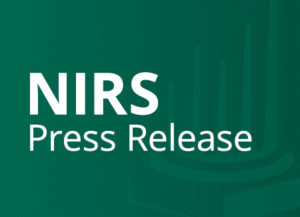November 14, 2012, A new research brief examines the workforce impacts of existing defined benefit (DB) pension plans to assess the likely effects of a switch to defined contribution (DC) individual accounts or cash balance plans.
- Public employers would attract a different labor force if they switched retirement benefits away from pensions. Public employees would be less committed to employers and thus less likely to invest in non transferable skills that are critical to delivery of taxpayer services.
- Employee turnover would increase under individual DC accounts and cash balance plans. These types of retirement benefits no longer defer compensation into the future and thus offer fewer economic incentives for employees to stay with public employers.
- Moving from a pension structure would result in higher cost for public employers and employees because of higher investment and administrative costs for alternative retirement plans.
- Public employers and employees overwhelmingly choose to stay with pensions rather than moving to alternative benefits when faced with a choice, illustrating the high value of pensions to public sector employers and employees.
“The Wall Street crisis hurt all investors, including pension systems that saw drops in their funding levels,” said Diane Oakley, executive director of the National Institute on Retirement Security. “As a result, policymakers in nearly every state examined and enacted large-scale reforms to their workforce retirement plans – and nearly every state and locale maintained its pension plan. The research finds that this outcome isn’t surprising because private and public pensions have a strong track record of simultaneously meeting employers’ recruitment and retention needs and employees’ economic security needs,” Oakley said.
The National Institute on Retirement Security is a non-partisan, non-profit organization established to contribute to informed policymaking by fostering a deep understanding of the value of retirement security to employees, employers, and the economy through national research and education programs. Located in Washington, D.C., NIRS has a diverse membership of organizations interested in retirement including financial services firms, employee benefit plans, trade associations, and other retirement service providers.
